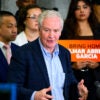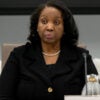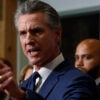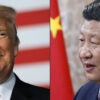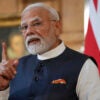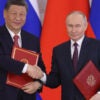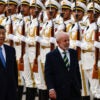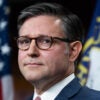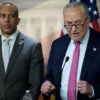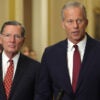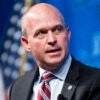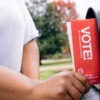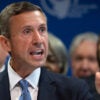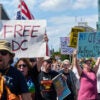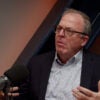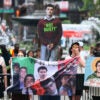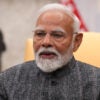Before he became Treasury secretary, Hank Paulson firmly believed the government had no business interfering in financial markets by banning the short selling of financial stocks. But by mid-September of this year, while Lehman Brothers was on the verge of collapse, Paulson pressured the Securities and Exchange Commission to ban short selling. In today’s Washington Post, Paulson remembers saying at the time, “Whatever we are doing right now isn’t working, so go ahead and do it.”
Unfortunately, Paulson’s abandonment of principles did not end there. By the end of September, Paulson was asking Congress for $700 billion in funds he claimed would be used to buy mortgage relates assets from U.S. financial institutions. Less than two weeks after Congress gave Paulson his money, the Treasury secretary switched course and used the funds to buy equity shares in banks. Many of the banks did not need or even want Paulson’s money, but Paulson forced them to take it, hoping to set the stage for a massive consolidation of the banking sector.
Then just last week, Paulson shifted gears again. Now he is “exploring strategies” to purchase stock in non-bank financial firms, purchase consumer credit securities, and subsidize mortgage foreclosure mitigation efforts. There are specific problems with each of these policy proposals, but Paulson’s announcement last week crystallized a much larger problem: Instead of being a source of market stability, Paulson has become perhaps the single most disruptive force in the global economy. George Mason University economics professor Russell Roberts explains:
The Daily Signal depends on the support of readers like you. Donate now
When no one knows how the rules of the game are going to change — and they seem to change from week to week — who wants to take a risk? Who wants to borrow money? Who wants to invest? Business and consumers are hunkering down, waiting for the storm of change to pass.
The problem isn’t liquidity. It’s uncertainty. Paulson doesn’t realize that his erratic attempts at creating liquidity are creating the uncertainty that makes liquidity meaningless. …
The great economist F.A. Hayek wrote that “the curious task of economics is to demonstrate to men how little they really know about what they imagine they can design.”
With each improvisation, Secretary Paulson is proving how little he knows about what he imagines he can design.
Quick Hits:
- Homicides in Venezuela have soared from fewer than 6,000 in dictator Hugo Chavez’s first year in office to 13,156 last year.
- Seizing the largest ship ever hijacked, pirates captured a Saudi-owned supertanker loaded with more than $100 million worth of crude oil off the coast of Kenya.
- President-elect Barack Obama will face a series of early decisions on domestic spying that will test his administration’s views on presidential power and civil liberties.
- California Attorney General Jerry “moonbeam” Brown asked the state Supreme Court to review the constitutionality of the voter initiative passed two weeks ago that bans same-sex marriage.
- Ethanol’s troubles have sapped the dreams of San Pierre, Ind.
